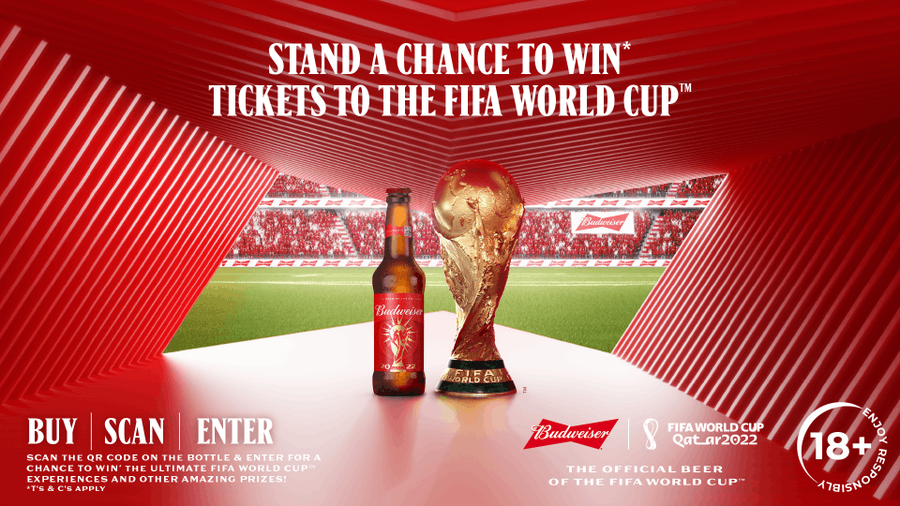
Budweiser, the King of Beers is taking over Qatar with the sponsorship of the Qatar World Cup. Local officials are close to blocking alcohol from the events while executives are trying to maximize the return on investment of the contract.
Qatar World Cup and Budweiser contract
Signs appeared as the Qatar Distribution Company, the nation’s only alcohol retailer shared a massive Budweiser poster featuring Lionel Messi. More and more bars and restaurants in Doha started offering Budweiser on tap with time. For years, Anheuser-Busch InBev Worldwide has been operating the conservative Muslim nation with little fanfare. Executives are currently trying to maximize the return on investment on the sponsorship contract.
While Qatar is not a dry nation, the purchase of alcoholic beverages is restricted. Wine, beer, and liquor are for sale in several restaurants linked to high-end hotels. A pint of Budweiser is sold for between $12 and $16 in the city’s downtown region. For the nation, alcohol is an asset setting it aside as a more “modern” destination in comparison with its neighbor Saudi Arabia. However, it is also a vice that could lead to the hedonism of Dubai. Moreover, public drunkenness is illegal and punishable by up to six months of prison time and a fine of 3,000 riyals.
More on supply chain and storage
The FIFA 2022 World Cup that starts on November 20 has been a massive undertaking for the official beer. As per Peter Kraemer, the chief supply officer for AB InBev, the brand is expecting more consumption of beer during the tournament than usual. However, there are no breweries in the region. The firm is shipping products by ocean freight and storing beer in a refrigerated warehouse. The country has warm weather with the temperature soaring over 95 degrees Fahrenheit.
“Beer is a perishable product, so it’s always best the day it’s packed. We manage our supply chain very closely for the amount of time that it takes for products to get from point A to point B, and then also the conditions under which they’re shipped preserve the taste of the beer,” stated Kraemer.
